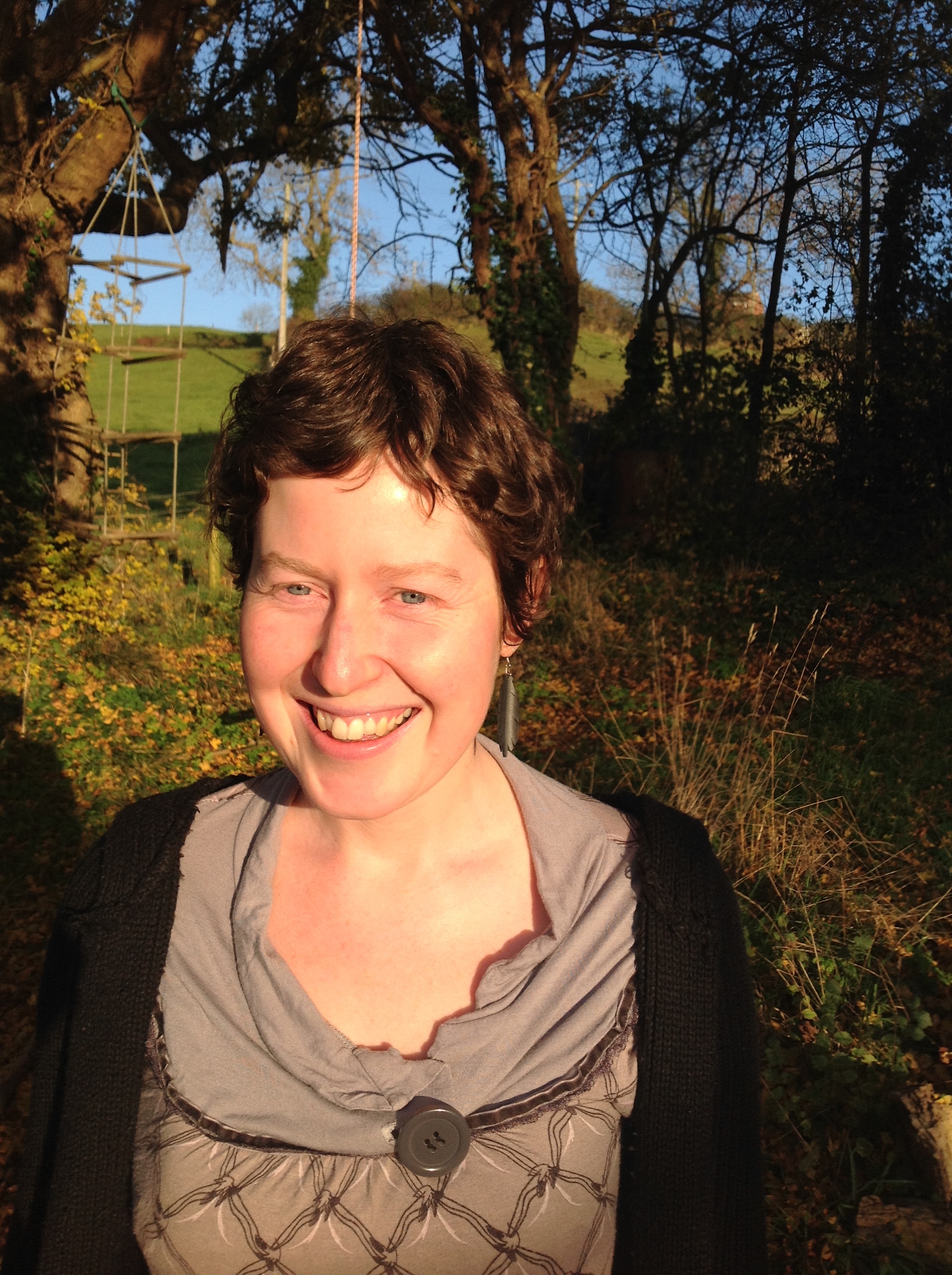Life is full of ups and downs, and when things are tough it can be particularly hard to make time to connect with how we really feel. Perhaps we distract ourselves with box sets, social media, over or under eating, or compulsive busyness.
Distraction is an inevitable and sometimes temporarily helpful strategy to cope with myriad difficulties: work stress, grief at the loss of a relationship, loneliness; but along with the strategies that we employ to cope with present day difficulties we may also be struggling to face more deep-seated pain that originated in the past.
As children we sometimes suppress aspects of our experience when there is no one available to help us understand and come to terms with them. It is vital for our emotional survival as children that we suppress experiences and feelings which would otherwise be overwhelming without adequate support, but frequent repeated disconnection from our experience in this way becomes problematic.
The experiences and feelings remain but in unprocessed form, driven underground, and in this way affect us without our necessarily understanding what is happening. Perhaps we feel tired all the time, or live in a state of perpetual tension and low level fear. Or maybe we are limited in what we feel able to achieve, or how easy we find it to maintain intimate relationships. All these may be signs that there are things we need to understand and connect with in ourselves.
What is shame?
One of the ways in which we come to disconnect from and suppress our emotions is via the process of shaming, both overt and more subtle. As children we need our parents or caregivers to signal to us that what we feel and need, and who we are, is ok, loveable, and understandable. No response, an angry response or lack of understanding about our needs and feelings can create shame.
Shame is a complex phenomena but one way of thinking about it is as a social emotion. When experience repeatedly informs us that a particular behaviour will be met with a negative response, we are likely to stop exhibiting it in order to retain a positive relationship with those around us. When it then arises, the feeling of shame reminds us that this emotion or behaviour is socially unacceptable.
It could be argued that a certain amount of shame is necessary to keep us operating cohesively as a society, however, much shame is created simply because our parents or caregivers were themselves wounded and unable to accept the whole spectrum of human experience in us. There may be shame around our need to be loved, or when feelings of anger, sadness or vulnerability arise. But we might also experience shame when we feel joy and the desire to express ourselves exuberantly. It depends what response we got to these states as children, but whatever the specific emotion or state we feel ashamed of in ourselves, the consequence is that we live limited lives, restricted in what we feel, express and exhibit. Some of our precious life energy then goes into suppressing and avoiding experiences that feel shameful, leaving us depleted.
What happens to unprocessed shame?
When there is repeated denial, anger or misunderstanding of our needs and feelings as children we may bury them so deep that we ourselves are not aware that we have them. They are forced underground, and as adults this may manifest as a feeling that there is something wrong but we can't put our finger on exactly what it is. Or we find ourselves reacting to a person or situation in ways that feel disproportionate. This may be an indication that something from the past that we have not yet processed is being triggered.
The process of therapy can help to explore and uncover parts of ourselves and our experience that have retreated into the shadows but which nevertheless have a powerful impact on our lives in the present. These feelings and thoughts may be mired in negativity. We may fear that we are selfish, weak, silly, or 'beyond the pale.' This is an indication that shame is present and is keeping these feelings locked away. We may, consciously or unconsciously, feel afraid that bringing these feelings and thoughts to the surface in the present would prompt a similar response to that which we received as children.
The relationship with the therapist allows us to build up trust and in this context we are gradually able to allow ourselves to know and feel things which previously we have had to protect ourselves from. We begin to get a sense that it's safe to share what previously felt un-shareable. We start to see that who we are and what we need, think and feel is ok and understandable. Energy that previously had to go into suppressing and distracting is then freed up to go into living, relating and connecting.

